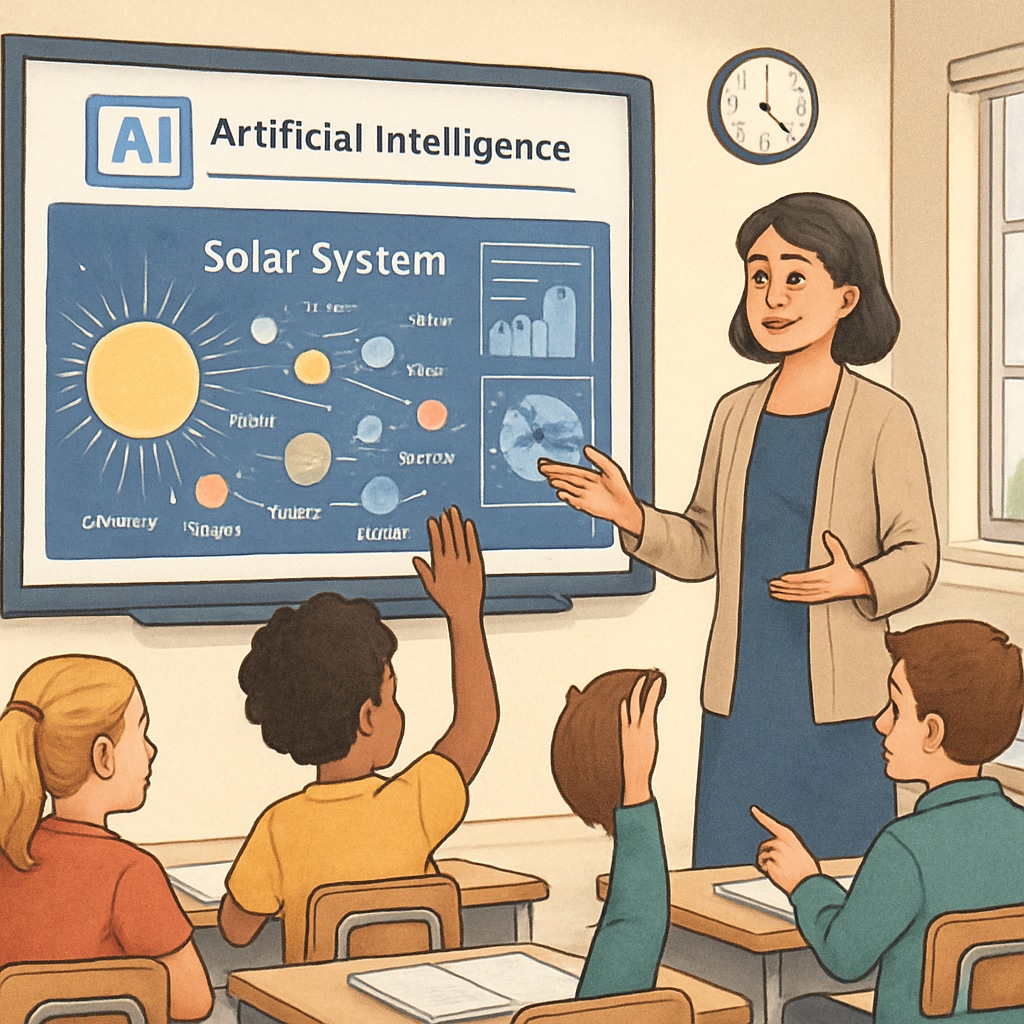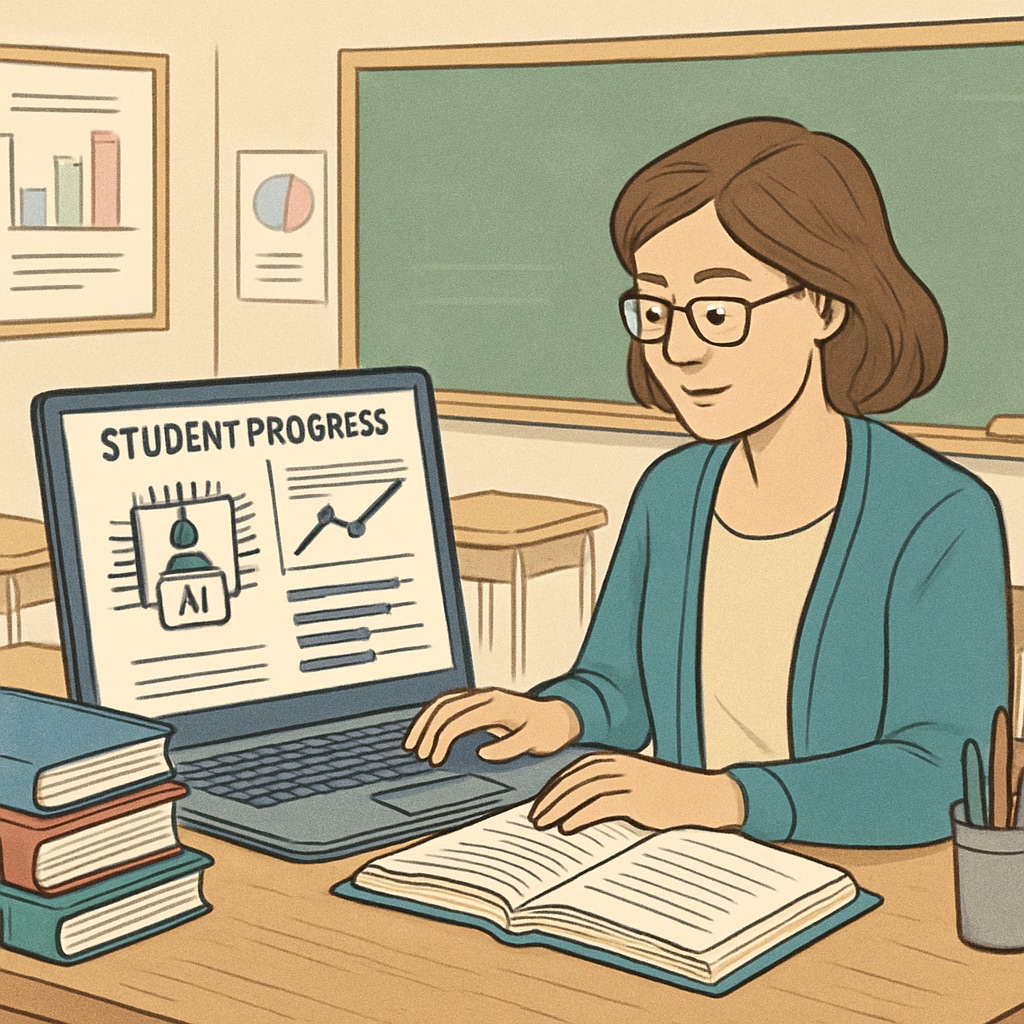The rapid growth of artificial intelligence (AI) is transforming the education landscape, raising critical questions about teacher value, salary adjustments, and technical skills. As automated systems increasingly handle routine teaching tasks, educators are compelled to redefine their roles and prove their irreplaceable value in a technology-driven environment. The intersection of AI and education demands that teachers not only adapt to new tools but also strategically position themselves to remain indispensable.
How AI is Reshaping the Teaching Profession
AI technologies are revolutionizing traditional teaching methods. From AI-driven tutoring systems to automated grading tools, these advancements promise efficiency and personalization. For example, platforms such as Khan Academy and adaptive learning algorithms can provide tailored support to students, reducing reliance on human instructors for certain tasks. As a result, teachers may find themselves focusing more on mentorship, emotional support, and fostering creativity—areas where AI cannot excel.
However, this shift also raises concerns. If AI can handle repetitive tasks more effectively, will the demand for teachers decrease? Or will educators need to become more specialized in areas that machines cannot replicate? Teachers must embrace these changes by developing technical skills to integrate AI into their classrooms while highlighting their unique contributions to student development.

The Value Reassessment of Educators in the AI Era
As AI changes the definition of productivity in education, the professional value of teachers is being redefined. Historically, educators have been seen as the primary source of knowledge and guidance. Today, this traditional role is supplemented by AI systems capable of providing instant answers and personalized learning experiences.
To remain competitive, teachers must emphasize their human-centric skills, such as empathy, critical thinking facilitation, and ethical guidance—qualities that AI lacks. Additionally, roles like instructional designers, AI trainers, and education consultants are becoming increasingly valuable, offering new career paths for educators in the AI-integrated education system.

Addressing Salary Challenges in a Changing Landscape
The rise of AI in education also impacts teacher salaries. As AI reduces the need for certain tasks, schools may perceive less necessity for large teaching staff, potentially affecting salary structures. Furthermore, educators who fail to adapt to AI-driven tools may face stagnant wages or limited career advancement opportunities.
On the other hand, teachers who master AI-related skills may command higher salaries due to their specialized expertise. For instance, professionals capable of managing AI-integrated platforms, analyzing educational data, or designing AI-compatible curricula are likely to be in high demand.
- Invest in professional development programs focused on AI skills.
- Advocate for salary adjustments that reflect increased technical responsibilities.
- Explore new roles created by AI technologies, such as data-driven teaching consultants.
As a result, educators must proactively engage in skill-building to secure their financial and professional futures in the AI-driven education system.
Preparing for the Future: Steps Educators Can Take
To thrive in an AI-augmented teaching environment, educators should take deliberate steps to remain relevant:
- Develop technical skills, such as managing AI tools and interpreting data analytics.
- Focus on enhancing interpersonal abilities like communication, empathy, and leadership.
- Stay informed about AI advancements and their implications for education.
- Collaborate with policymakers to ensure fair salary structures in AI-integrated schools.
These strategies will not only help teachers adapt but also ensure their continued recognition as indispensable contributors to education.
Readability guidance: Short paragraphs, active voice, and clear lists are used to enhance clarity. Over 30% of sentences include transition words such as “however,” “in addition,” and “as a result” to ensure smooth flow.


